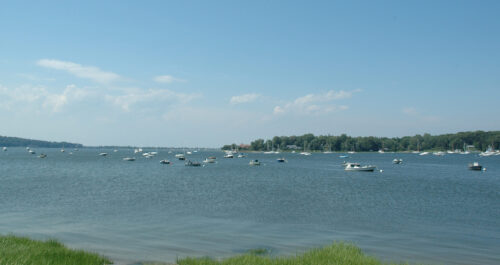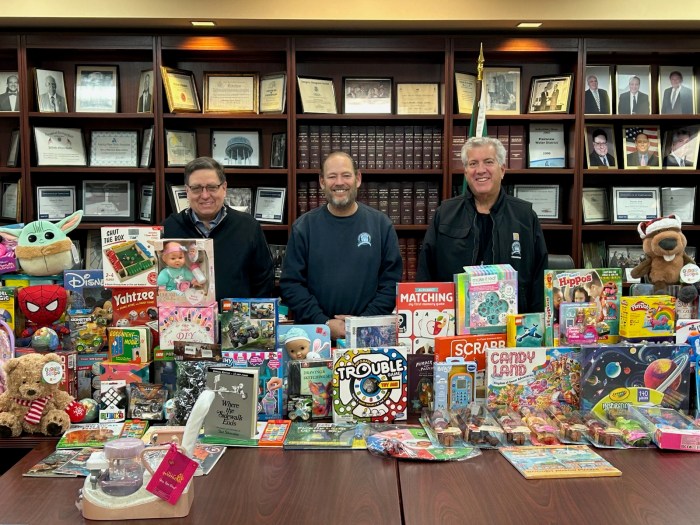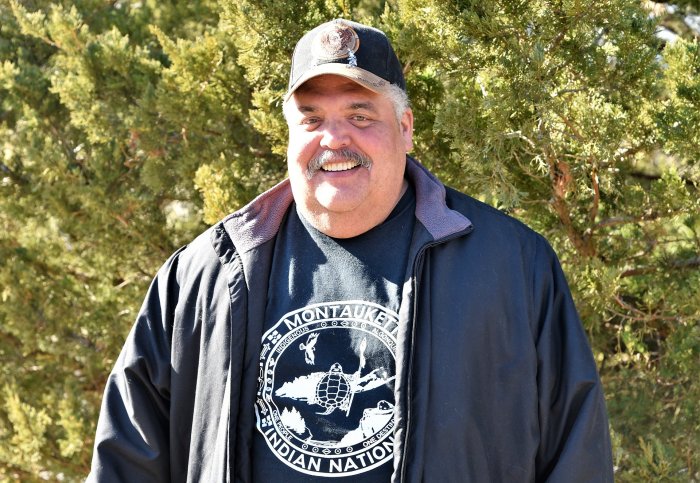The Town of Oyster Bay got it right in October when it imposed a six-month moratorium on harvesting claims and oysters on 1,850 acres of underwater land.
The underwater townland has been leased for the past 30 years to a single-family business, Frank M. Flowers & Sons. Founded in 1887, it was the state’s largest shellfish-farming operation in New York until the moratorium, surviving where many companies have failed.
The lease with Flowers & Sons expired on Sept. 30. Flowers & Sons filed suit in August, saying in court documents that the town had breached its lease by failing to negotiate an extension in good faith and preventing access to 300 acres of land. The town countered that Flower & Sons had failed to comply with the lease it had.
During the moratorium, the town will survey and test the underwater land and use a nearly half-million-dollar grant to pay Stony Brook University’s School of Marine and Atmospheric Sciences to develop a plan to restore the shellfish populations.
This is not an easy task. Oysters and clams need a suitable bay bottom, proximity to areas where their larvae will settle and grow and areas not prone to predators.
But it was urgent one. The Dutch named Oyster Bay in the early 1600s for its plentiful shellfish, and what it has produced has sustained generations of baymen and the local economy. This includes a baymen culture that has disappeared in most places but not Oyster Bay.
Oysters are also important to the environment, filtering nitrogen pollution from the water. That is why towns such as North Hempstead have created programs to reintroduce oysters into its bay.
The Town of Oyster Bay plans to construct a large-scale shellfish hatchery that could produce up to 100 million shellfish seeds annually. Another large grant includes constructing oyster reefs in the bay.
The town has relied on commercial shellfish companies for more than a century, leasing a large portion of the bay bottom in Oyster Bay and Cold Spring Harbor. But the industry has changed on Long Island and across the country. Shellfish are now frequently grown in off-bottom cages that help protect them from predators and avoid disturbing the bottom.
Clearly, it’s past time that the town re-evaluates this relationship.
The town moratorium permits independent baymen to continue harvesting in the 2,250 acres outside the lease area where they currently work.
Town officials said Flowers & Sons violated its lease starting four years ago by failing to plant clam seeds in Oyster Bay and Cold Spring Harbor and to provide a minimum of 1 million hatchery-produced claims annually.
According to town Public Information Officer Brian Nevin, the company’s failure depleted “the harbor of crucially important shellfish which provide the necessary filtration to prevent pollution.”
Flowers & Sons said they shut its hatchery operation in Bayville in 2019 and stopped seeding the bay in 2020 when it became unclear whether the town would renew its lease.
“If you are not going to be in business anymore, why would you spend a million and a half dollars to put seed down that there’s a chance by the time it matures, it’s not going to be available for us to harvest?” said James Cammarata, the company’s lawyer.
The town and Friends of the Bay, an advocacy group supporting individual baymen, said Flowers & Sons began the hydraulic dredging of its leased lands without restocking Oyster Bay Harbor.
“Our guys have been so impacted by hydraulic dredging. We’ve been blowing the horn about this harbor being depleted and destroyed,” said William Painter, a member of the North Oyster Bay Baymen’s Association.
Baymen typically hand-rake for clams. The baymen contend that water jets on the Flower dredges damage the fragile ecosystem on the harbor bottom and stir up a deep layer of silt that causes oxygen depletion.
Oyster Bay has been confronted with issues that span centuries, including the baymen’s way of life and an important local industry that has defined the town since its beginning.
Town officials were wise to take a break to determine what is best for this business and the harbor in the future.


































